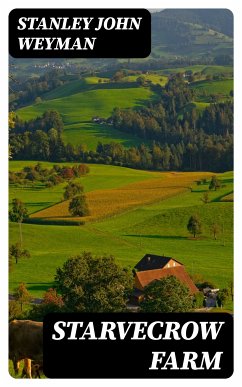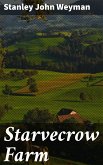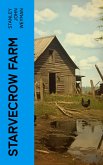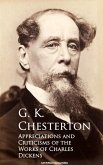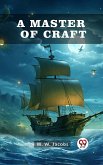In "Starvecrow Farm," Stanley John Weyman crafts an intricate tapestry of rural life interwoven with themes of love, loyalty, and the often-unforgiving nature of hardship. Set against the backdrop of the English countryside, Weyman employs a lyrical style that captures the essence of its characters and their struggles, using vivid imagery and rich descriptions to conjure the pastoral setting. The novel not only delves into the complexities of human relationships but also reflects the socio-economic changes of the late 19th century, seamlessly blending personal narrative with broader societal commentary. Stanley John Weyman, often referred to as the "prince of storytellers," was heavily influenced by his own experiences in both law and literature. His background imbued him with a keen sense of character and dialogue, which shines through in "Starvecrow Farm." Weyman's ability to create relatable conflicts emerges from his profound understanding of human nature and the trials of rural existence. This book, like much of his work, showcases his talent for mirroring the struggles of ordinary people, derived from both his upbringing and professional life. Readers seeking an engaging exploration of countryside life, rich character development, and timeless themes will find "Starvecrow Farm" a compelling addition to their literary repertoire. Weyman's narrative invites reflection on the resilience of the human spirit amid adversity, making this novel a must-read for anyone interested in classic literature that resonates with contemporary relevance.
Dieser Download kann aus rechtlichen Gründen nur mit Rechnungsadresse in A, B, BG, CY, CZ, D, DK, EW, E, FIN, F, GR, H, IRL, I, LT, L, LR, M, NL, PL, P, R, S, SLO, SK ausgeliefert werden.

